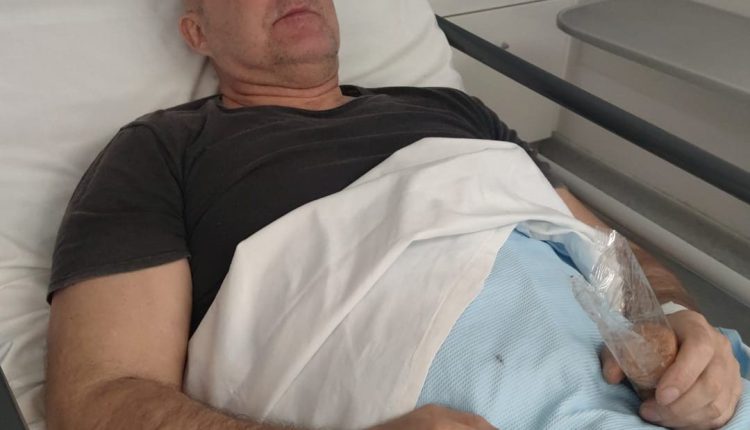Glioblastoma Fundraisers: Why UK Patients Rely On Expensive Private Treatment
If you know anyone who has been affected by glioblastoma or brain cancer, then you know how devastating it is.
That’s why many sufferers and their loved ones, like Raimondas and his partner Asta Pratapaviciene, from the UK, are calling out for charitable donations, hoping they can access private experimental treatments that may succeed where conventional ones fail.
What Is Glioblastoma & How Damaging Is It?
If you haven’t heard of glioblastoma before, it is a devastating form of brain cancer which quickly destroys healthy cells.
While rare—as few as 3.21 new cases per 100,000 people are diagnosed per year—glioblastoma is the most common form of brain cancer, and also one of the most devastating. As The Brain Tumour Charity recently reported, most glioblastoma patients will only live for 12 to 18 months following a diagnosis, with only 25% of patients surviving for more than a year, and less than 5% surviving for more than five.
Why Don’t Conventional Treatments Work?
What makes glioblastoma particularly devastating is not only its speed, but the fact that it typically does not respond to conventional cancer treatments like chemotherapy. Glioblastoma cells mutate rapidly, making them resistant to standard chemotherapeutic drugs. Additionally, the blood-brain barrier severely limits drug delivery to the tumour site, and because the tumour contains many types of cells, it is hard for one treatment to target all of them effectively.
In response, researchers are exploring a range of experimental therapies, including immunotherapy (like CAR T-cell treatment), tumour-treating fields (electrical fields that disrupt cancer cell division), and targeted gene therapies.
However, these treatments are only offered privately due to their cost, complexity, and limited long-term data. Because the NHS prioritises proven, cost-effective interventions, it typically does not fund such cutting-edge therapies until they have gone through full regulatory approval and demonstrated broader clinical success.
Why Sufferers Need Your Help
What this means for sufferers like Raimondas is that hope exists, but it comes with a price tag they cannot afford.
Asta Pratapaviciene said, “Raimondas is full of life, dreams, and love – and he’s not ready to give up. Neither am I. We’re asking for your kindness and support to help us afford this treatment. Every donation, no matter how small, will bring us closer to giving Raimondas a fighting chance.”
Asta hopes that if Raimondas can be saved from this aggressive brain cancer by a new and experimental treatment, others can be too. If you have the capacity to give, the couple welcomes any and all donations, as well as any words of support.



Comments are closed.